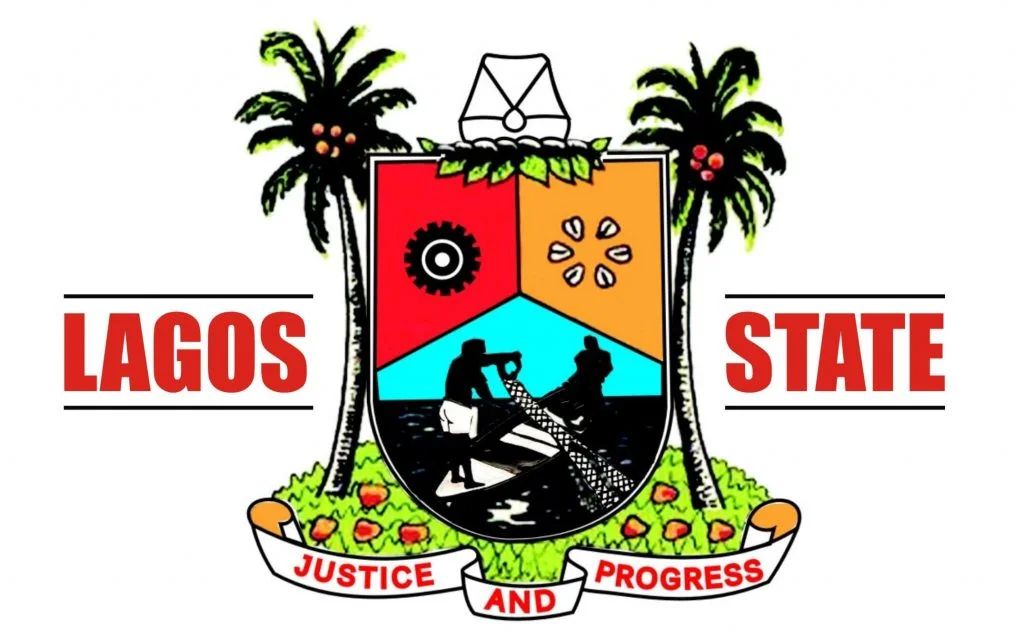Minister Hannatu Musawa calls on Nigerians to support local fashion to boost cultural pride and economic growth at the African Fashion Festival Vogue.
The Minister of Arts, Culture, Tourism, and Creative Economy, Hannatu Musawa, has encouraged Nigerians to embrace and support locally made clothing, emphasising its role in fostering national identity and economic growth.
Speaking at the inaugural African Fashion Festival Vogue (AFFV) on Saturday in Abuja, Musawa highlighted the importance of promoting the Nigerian fashion industry on a global scale and empowering local talent.
The festival, themed “Thread of Africa: Weaving Fashion and Culture,” was organised by emerging Nigerian designer Firdausi Mohammed and drew notable figures from the fashion industry and diplomatic community.
Musawa praised the event’s efforts to showcase African designs and provide a platform for designers to reach international audiences, stating, “The platform offers opportunities for showcasing African designers in the fashion industry. It also promotes the Nigerian fashion industry to the world and empowers Northern voices in the sector.”
Emphasising the global competitiveness of Nigerian fashion, Musawa noted that now is an ideal time to support homegrown products, as the industry possesses the creativity and craftsmanship to succeed internationally.
She urged Nigerians to take pride in their cultural heritage by choosing locally crafted garments, which play a significant role in both nation-building and economic empowerment.
The High Commissioner of Pakistan to Nigeria, Retired Maj.-Gen. Sohail Khan, also addressed the gathering, commending the initiative as a celebration of Africa’s vibrant creativity and cultural expression.
“Fashion is not merely about clothing; it is an expression of identity, culture, and creativity,” Khan remarked. He drew parallels between African and Pakistani traditions in textile craftsmanship, suggesting that these shared cultural assets could inspire future collaboration within the fashion industry.
Khan highlighted the prominence of Pakistan’s textile sector, which combines centuries-old hand-embroidery techniques with modern advancements in textile technology, making it a global powerhouse.
Event organiser Firdausi Mohammed shared her vision for AFFV, explaining that the festival aims to showcase Africa’s diverse cultural heritage through fashion.
Mohammed said, “Our goal is to create a networking platform for designers to spread their wings under one umbrella and to celebrate the beauty of Africa’s cultural diversity through high fashion.”
According to the News Agency of Nigeria, the event was attended by both established and emerging designers, diplomats, and fashion enthusiasts.
The highlight of the evening was a runway show infused with elements of Nigeria’s rich cultural heritage, symbolising the potential of the African fashion industry to connect people through shared cultural values and artistic expression.
AFFV’s success underscores the growing interest in promoting African fashion on a global stage and aligns with Musawa’s call for Nigerians to support their local industry, strengthening both cultural pride and economic

 Business3 years ago
Business3 years ago
 Events3 years ago
Events3 years ago
 Culture3 years ago
Culture3 years ago
 Culture3 years ago
Culture3 years ago
 Events3 years ago
Events3 years ago
 Events1 year ago
Events1 year ago
 Paranormal3 years ago
Paranormal3 years ago
 Events2 years ago
Events2 years ago


































